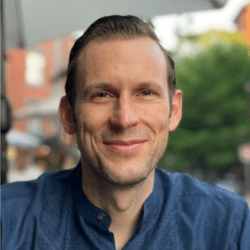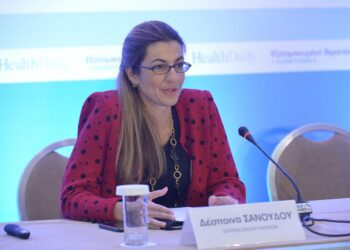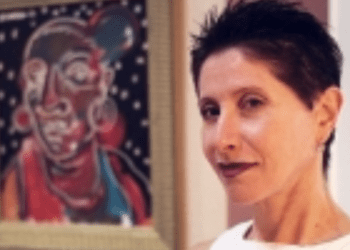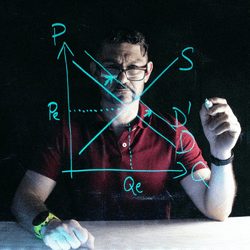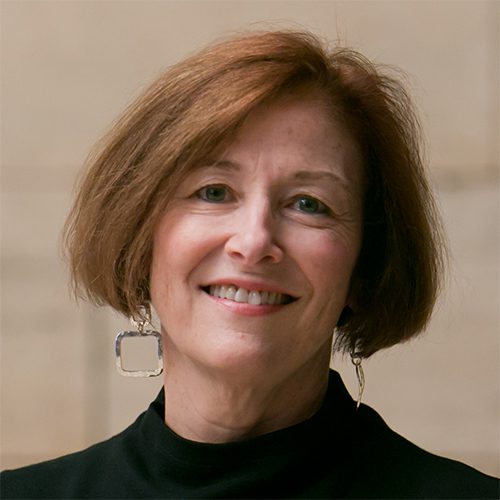
Aspire Leaders in Training joined a lively Zoom seminar and discussion with Professor Diane Davis, Charles Dyer Norton Professor of Regional Planning and Design, Harvard Graduate School of Design, about the role sociology plays in understanding, and responding to, global challenges. The first in her family to pursue a graduate degree, and work in academia, Davis felt moved and deeply connected to these emerging leaders and their insatiable curiosity as lifelong learners and change makers.
You are a sociologist by training, working in a design school. What did your trajectory look like? How did you get here?
I’ve always been interested in cities. I first got into sociology when I decided that I wanted to leave the suburbs of St. Louis, Missouri to go to college. Chicago is a major city. It’s an amazing horizon, all those skyscrapers; it was breathtaking for me.
When I got to Northwestern University, I discovered my passion for sociology. When I got to the University of California Los Angeles (UCLA) for my master’s, and eventually PhD, I focused on urban sociology.
Ultimately, that’s what I studied — cities. But, rather than only trying to understand why they look the way they do and how they operate, I got interested in how [to] make them “better.”
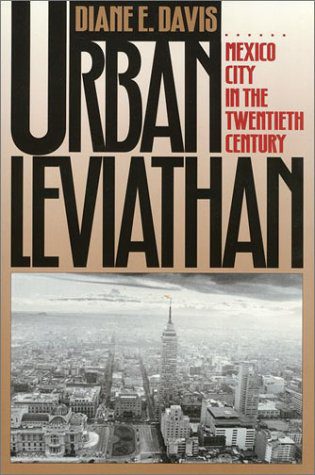
How did being able to study urban sociology in those different, international contexts impact your professional identity and perceptions of the world?
At Northwestern, I took a class called Third World Urbanization with Professor Abu Lughod — an American married to a Palestinian. It was her mentorship that inculcated in me the sensibility of international inquiry. At that time, sociology was very eurocentric, americo-centric, and her course was one of the first classes to look at cities outside the U.S.
[In] California, I got interested in cities in and outside of the United States, specifically in Mexico. I see my interest in cities to have both grown from, and reinforced my interest in, international experiences.
For the Aspire students interested in studying or working in the global context, there are multiple ways to approach the topic: know their home country, or a sociological context within [it], really well and then try to explore that outside of home – or vice versa.
You are the first in your family to earn a graduate degree. Does that factor into your interest and support of the Aspire program?
I wasn’t the first of my family to go to college, but I was the first to go to graduate school and [work] in academia. What appeals to me, and why I’m so supportive of Aspire, is this commitment to global consciousness – the acknowledgement that there’s more than one way of doing things and there are people who grow up in different contexts.
As a sociologist, I am interested in the relationship between the human and the social. I believe that life is not just about what’s in people’s brains and their DNA, but also their experiences and the context around them. Learning about other countries automatically makes you more curious about the world.
What does your position as a professor, a mentor, mean to you? What is it about teaching that you love?
I love teaching, because I have the capacity to keep up with my ideas and don’t feel stuck doing the same thing. I could read the same article with a different group of students and understand it differently because that group comes with [their own] experiences and perceptions.
Through their comparative reflection — based on each unique aspect of that student, their family, their city, their country, their notions of spatiality — I learn more about the world.
What advice or parting thoughts or words do you want to share with this [cohort] of Aspire [Leaders in Training] and future [cohorts] to come?
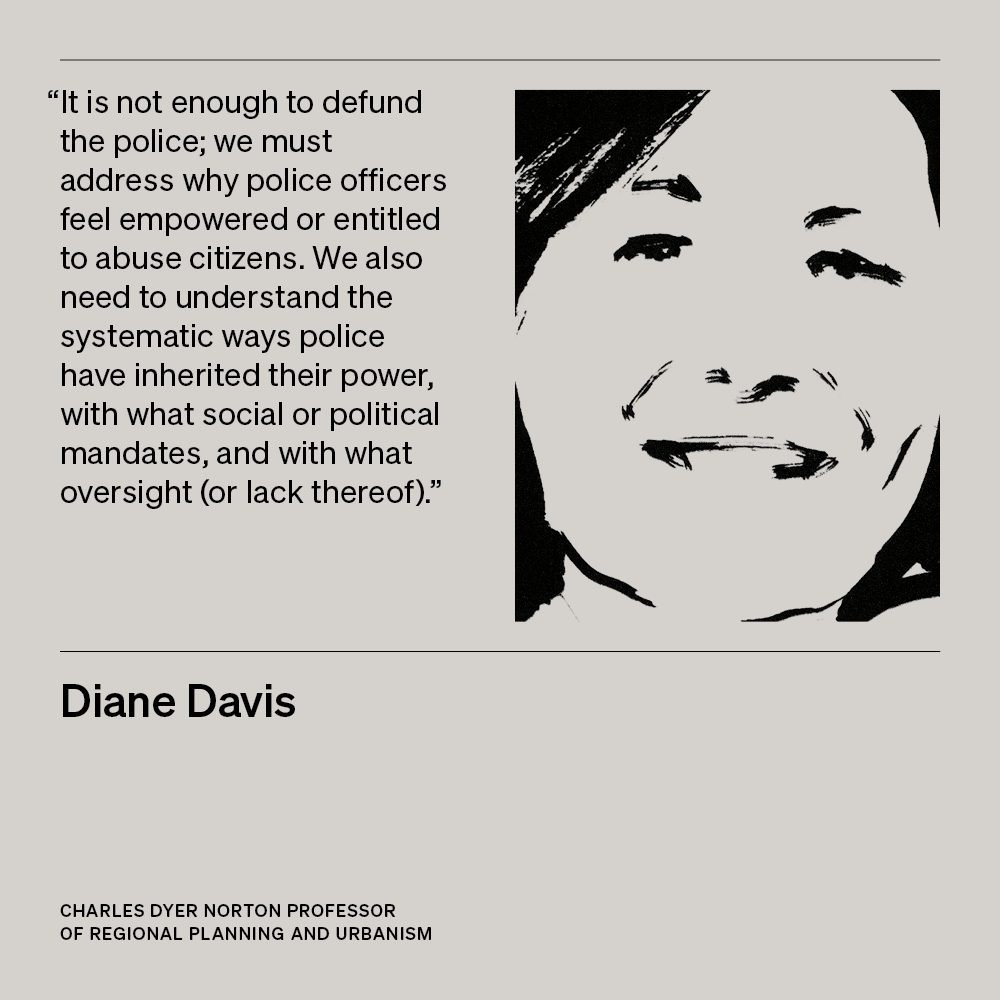
While picking that professional path can feel overwhelming, the magic is what comes after — what you make of that platform. I encourage students to apply their personal intellectual interest to address the urgencies of their own place and time.
I moved from a sociology department to an urban planning department, because I wanted to be taking action and thinking about change, rather than just the analysis that defines sociology. While I recognise that you need good analysis to make change, what really drives me is the political project of making the world we live in better. I’ve always been interested in the larger social and political change, so I let that guide me.
Something that the Aspire students and I share is this deep curiosity. I grew up in a family where curiosity was important, but it was being able to have those international experiences that really piqued that curiosity. That is what the Aspire students are all about — they are opening themselves up to the experiences and knowledge of others, gaining that comparative reflection between [information] shared by faculty and other students and their home context.
My advice would be: ask yourself what you are really curious about, not what you think you should be curious about, and let that guide you.

